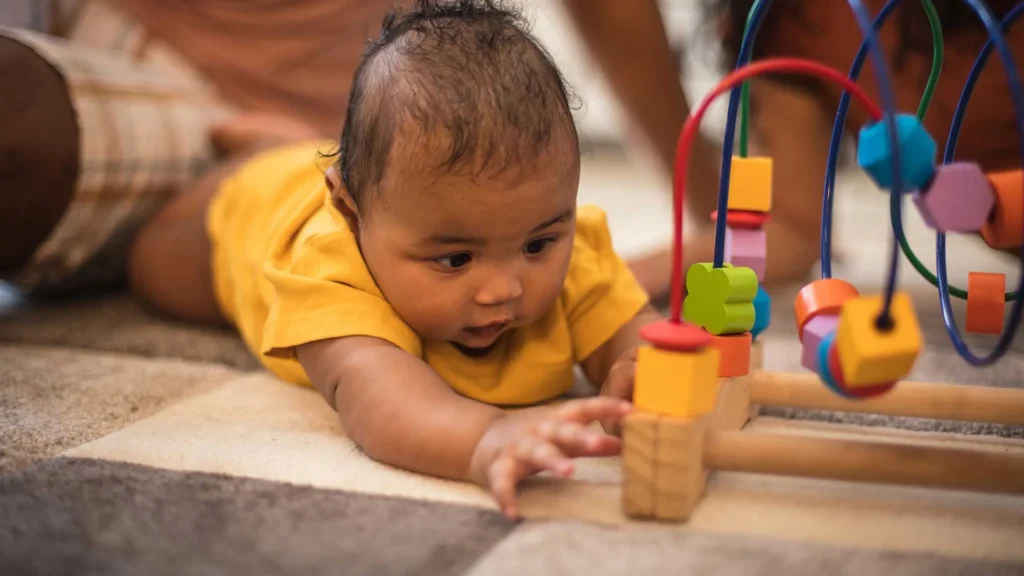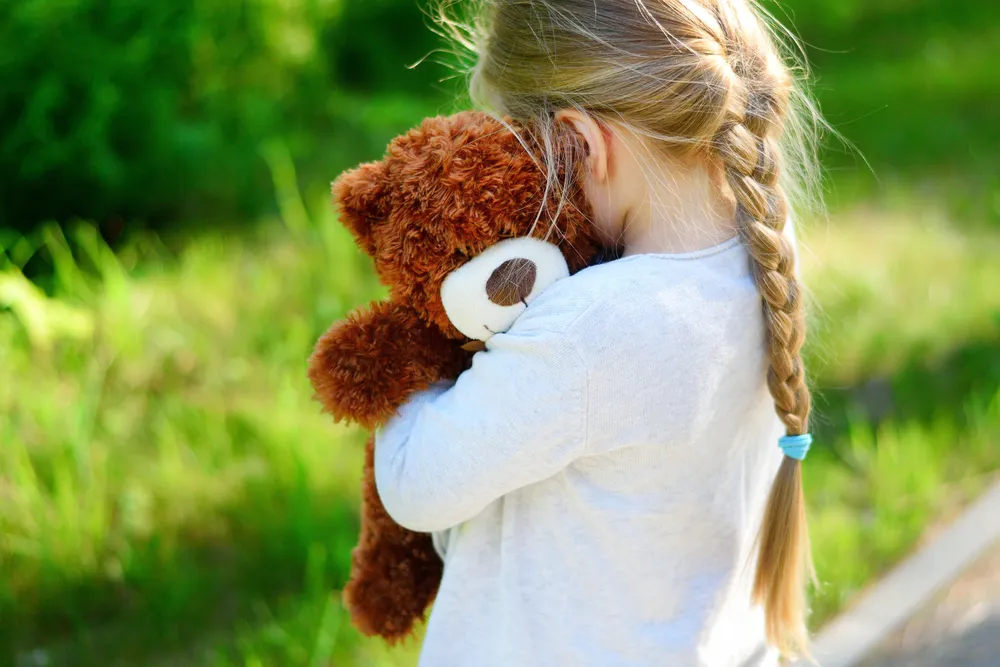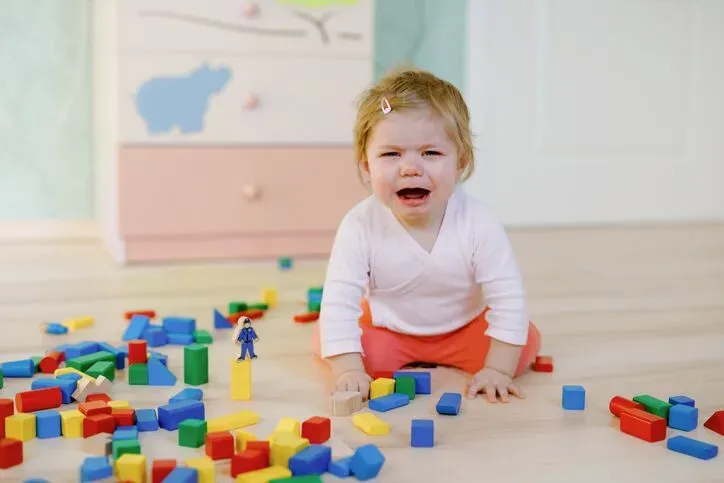Are curious about knowing the potential signs of daycare neglect? Find out the potential signs of daycare neglect as you keep on reading.

Choosing a daycare for your child is a significant decision that involves trust and confidence in the caregivers.
Unfortunately, cases of daycare neglect can happen, leading to serious consequences for the child’s well-being.
This guide aims to highlight the signs of daycare neglect, empowering parents to identify and address potential issues promptly.
Signs of Daycare Neglect

Here are potential signs of daycare neglect:
1. You Notice Unexplained Injuries or Bruises on Your Child
One of the most conspicuous signs of daycare neglect is unexplained injuries or bruises on your child.
While minor accidents are common, frequent or severe injuries without a plausible explanation may indicate inadequate supervision or a lack of proper safety measures in the daycare setting.
It’s essential for parents to investigate the circumstances surrounding any unexplained injuries.
2. You Notice Negative Changes in Behavior From Your Child
Sudden changes in your child’s behavior can serve as a red flag for neglect.
If your child becomes unusually withdrawn, anxious, or displays aggressive tendencies, it could be an indication of neglect or mistreatment at the daycare facility.
Furthermore, behavioral changes should prompt parents to inquire about their child’s experiences and interactions at the daycare.
3. Your Child Constantly Have Illnesses or Infections
A consistently unclean or unsanitary environment in the daycare facility may lead to frequent illnesses or infections among the children.
Also, neglecting proper hygiene practices can compromise the health of the children under their care.
Parents should be concerned if their child is repeatedly falling ill due to preventable factors within the daycare setting.
4. Your Child Constantly Complains of Poor Nutrition and Hydration After Daycare
Neglect extends to basic needs such as nutrition and hydration. If your child consistently complains of hunger or thirst after daycare, it may suggest a lack of attention to providing adequate meals and fluids.
Parents should address concerns about their child’s nutrition and hydration with the daycare providers and explore potential neglectful practices.
5. You Notice the Daycare Has Inadequate Staff-to-Child Ratio
An overcrowded daycare with an insufficient staff-to-child ratio can lead to neglect. Caregivers may struggle to meet the individual needs of each child, compromising their safety and well-being.
Parents should inquire about the staff-to-child ratio at the daycare and consider it a potential sign of neglect if it is consistently inadequate.
6. There is a Lack of Age-Appropriate Activities
Daycare neglect may manifest through a lack of age-appropriate activities and educational stimulation.
Children require engaging and enriching activities for proper development, and a neglectful environment may lack these essential components.
Furthermore, to address this, parents should assess the daycare’s curriculum and activities to ensure they align with their child’s developmental needs.
7. The Daycare Has Dirty or Unsafe Facilities
A neglected daycare facility may be visibly dirty, poorly maintained, or lack safety features. This includes broken toys, hazardous materials within reach, or inadequate outdoor play areas.
Parents should regularly inspect the daycare facilities and report any concerns about cleanliness or safety to the appropriate authorities.
8. Your Child’s Medical Needs are Constantly Ignored
Neglect extends to medical needs, and a daycare facility should promptly address any injuries or illnesses.
If your child’s medical needs are consistently ignored or inadequately handled, it raises concerns about the quality of care provided by the daycare.
Parents should communicate promptly with caregivers and seek clarification on any unattended medical needs.
9. The Daycare Fails to Communicate Incidents, Changes or Concerns
A daycare neglect indicator is a lack of effective communication between caregivers and parents.
If the daycare fails to communicate incidents, changes, or concerns, it may be a sign of neglectful practices.
Open and transparent communication is crucial for maintaining a trusting relationship between parents and daycare providers.
10. Your Child Appears Fearful or Resistant When It’s Time to Go to Daycare
If your child displays fear or resistance when it’s time to go to daycare, it could signal a negative experience. Pay attention to verbal and non-verbal cues that indicate discomfort or distress.
Parents should engage in open conversations with their children about their daycare experiences and address any concerns that may contribute to fear or resistance.
In conclusion, recognizing signs of daycare neglect is crucial for ensuring the safety and well-being of your child.
By being vigilant, documenting concerns, and taking appropriate action, parents can contribute to creating a safe and nurturing environment for their children.
Regular communication with daycare providers and authorities is key to addressing neglectful practices and fostering a secure environment for all children in daycare settings.
Related Searches:
